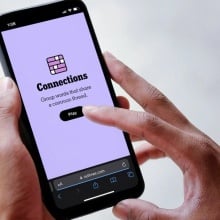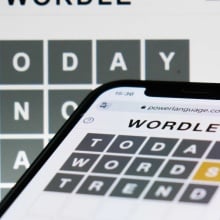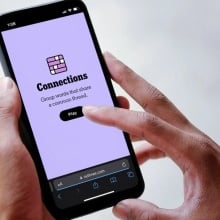Out and about, you've likely experienced gender inequality in your urban environment.
There might be a lack of female or gender diverse bathrooms at a stadium, or a lack of baby changing facilities accessible to men, or something like bad pram access.
It's the kinds of oversight that CrowdSpot and Monash University's XYX Lab are hoping to track in the Gender Diverse Map, a pilot program which launched in Victoria, Australia on Monday.
The map will allow the public to pinpoint instances of inequality in their neighbourhood, and eventually allow decision makers and designers to see the bigger picture.
"In isolation, individual experiences of gender inequality, like a lack of female change facilities at sports grounds, may not seem significant," Anthony Aisenberg, CrowdSpot's director, said in a statement.
"However, when we view them collectively, we see the very real impact inequity has on daily life for women, men, trans and gender-diverse people.
"This valuable information will help councils, town planners, architects, policy-makers and the communities rethink how we care for all people in public places, and to identify design changes that improve public spaces, services and facilities to make our community a better place for everyone."
The Gender Diverse Map is currently only available in the cities of Darebin and Melton. Users can select a place spot, which allows one to note either positive or negative issues with public transport or community infrastructure.
Or they can select a story spot, which is for personal experiences or something one has witnessed. On each spot, users can also leave comments in relation to that spot.

The pilot will be open until the end of February 2019. It's a continuation of the Free To Be project, a mapping tool for women to report harassment, run by Crowdspot and charity Plan International.
"The Map will reveal real, everyday experiences of gender inequality that we may not always be aware of," Nicole Kalms, director of Monash University's XYX Lab, added in a statement.
"It gives us a new way to look at our local community."
Topics Activism Gender Social Good















